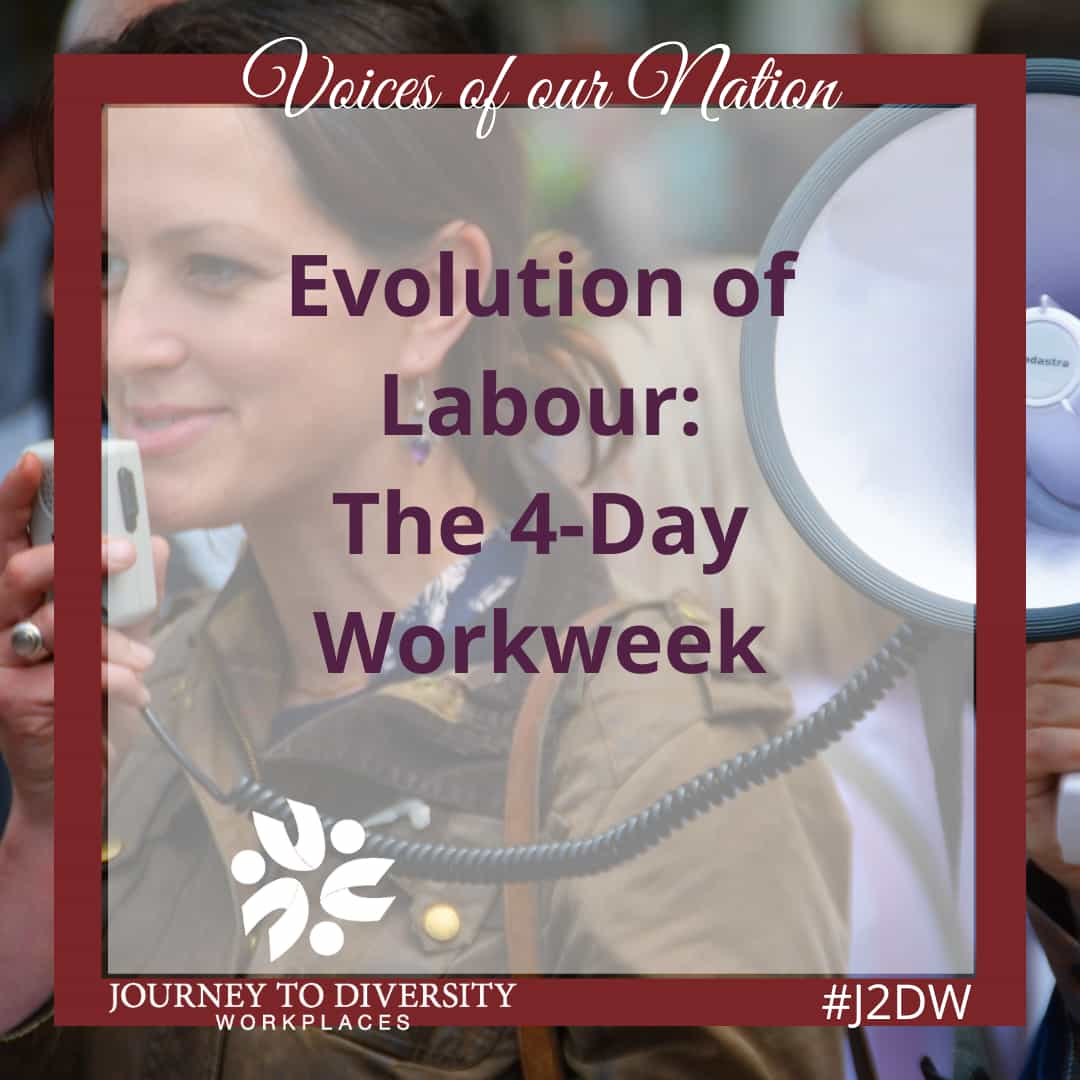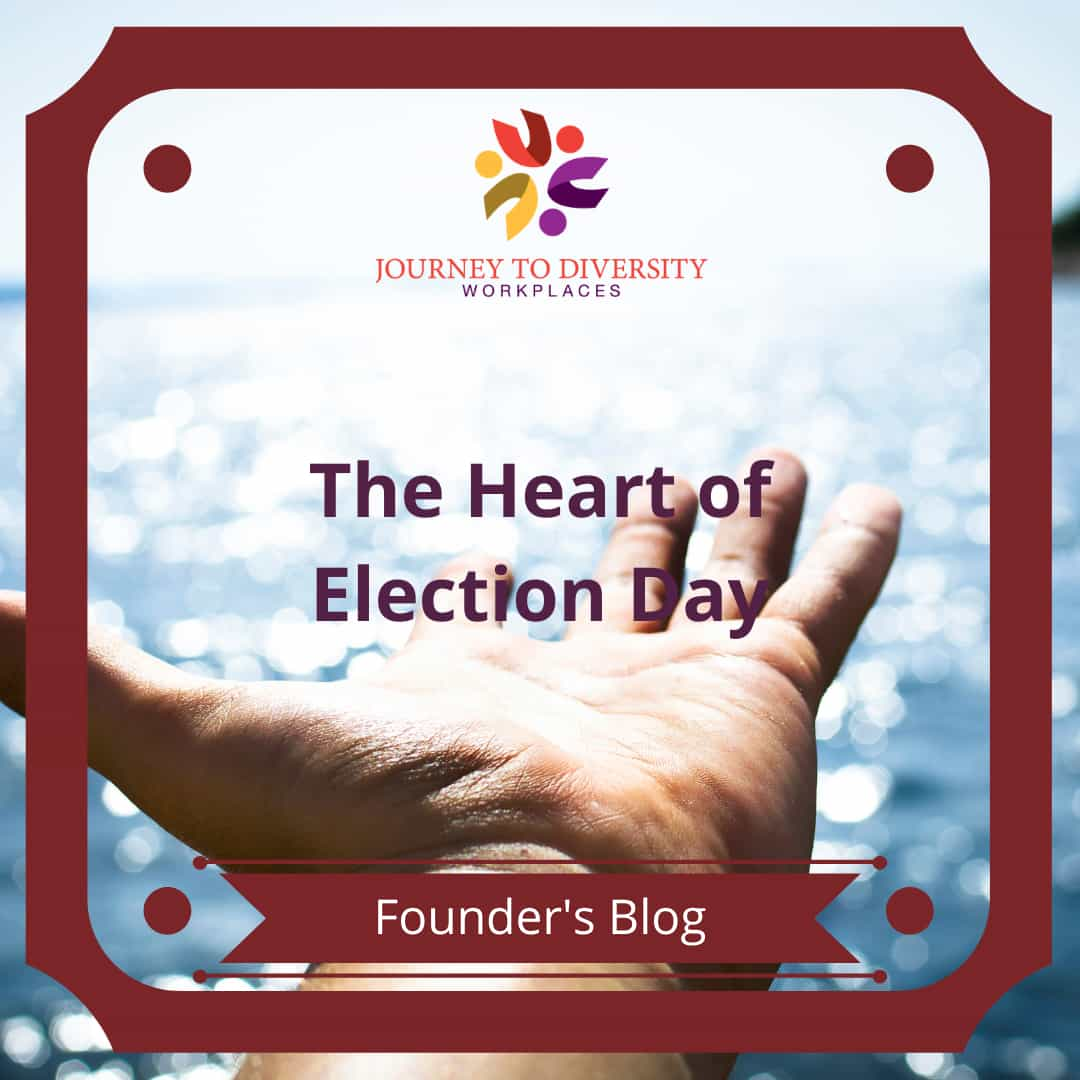Search Google right now for the four-day work week and you are bound to find multiple new articles spinning their take on this hot topic. Writers are hailing the onset of a labour revolution; a shift unseen since the 20’s and the historic transition from six-day weeks to five. The Cliffs Notes version is that the four-day work week is currently entering trial across the globe, following the success of a handful of early experiments. Countries and companies are rolling out pilot programs, egged on by the promise of reducing economic waste and permanent long weekends. In some fortunate positions employees who can complete the same work as before, in four days, receive the same compensation as if they had worked five days.
There are two organizational theories that are interesting to look at before we consider the possibility of condensing five days into four. The Punctuated Equilibrium model says that groups do not actually get down to business until halfway through their deadline, at which point behaviour shifts and production ramps up. Parkinson’s Law, defined in 1955 by British Historian Cyril Parkinson, states that people have the tendency to fit their work to the time allotted. People can work faster when they need to, but tend to act leisurely, chit-chat, or do non-essential tasks if there is no looming deadline driving them.
The most notable test run of reduced hours with the same pay may be Microsoft Japan’s. Through August of 2019 Microsoft Japan ran a four-day work week with great results; productivity measured in sales went up by 40 percent; paper printing went down 59 percent; and electricity fell by 23 percent. 94 percent of employees were happy with the program. Jack Kelly insightfully notes in his report published for Forbes however, that the numbers are not everything here. He suggests that staff could have worked exceptionally hard during the trial period or may eventually take the new system for granted once it becomes the standard of operating; one month does not necessarily mean productivity would be sustained.
The excitement for three-day weekends is so universal that it has become political as governments and politicians are showing their support. The government of Spain is offering to help businesses pay for expenses incurred in a national four-day work week experiment. Andrew Yang, a progressive Democrat who ran in the 2020 U.S. election, said the country should “seriously” consider making the switch on his Twitter account, expressing the benefits for worker wellness and work life balance. In Ireland, there is a conglomerate of organizations putting together a pilot of the four-day week with mentoring and assistance for companies willing to give it a shot. The government will provide funding for researching the social, environmental, and economic results of the experiment. Scotland and New Zealand are also reported to be involved in talks for the four-day work week.
It is not all sunshine and rainbows though. Concerning four ten-hour days there are voices of opposition. The primary concerns are worker efficiency, stress accumulation, and competition. Some are of the view that if the week could be condensed workers must not have been efficient or focused. The suggestion here is that management needs to do a better job controlling employee production. Another counterpoint is that working four ten-hour days accumulates more fatigue and stress than does five eight-hour days. There is also an argument based on the idea that competition will gain an advantage by continuing a five-day week, possibly contacting your customers while you are unable to respond. Other voices of concern are focused on the loss of work culture, the fostering of relationships and a possible loss in career development.
The organization of work is an ever-evolving beast that rides on the saddle of technology. Most businesses that can cut hours for the same pay are either tech or knowledge enterprises, wherein the product for sale is often knowledge or information. The question of a four-day work week will most likely prove to be a circumstantial tool. Some industries and corporations could thrive with periodic use, some may use it year-round, and some may never see a positive implementation. Will this be a worldwide change in labour practices, or will it fizzle out as incompatible dream material? The answer might be right around the corner. Oh, what a time to be alive.
https://www.theguardian.com/world/2021/mar/15/spain-to-launch-trial-of-four-day-working-week
https://www.nbcnews.com/business/business-news/four-day-work-week-might-be-exactly-what-u-s-n1229631
https://news.osu.edu/why-a-four-day-workweek-is-not-good-for-your-health/
https://personalmba.com/parkinsons-law/
ORGB. (2020) Nelson, Quick, Armstrong, Roubecas, Condie.



